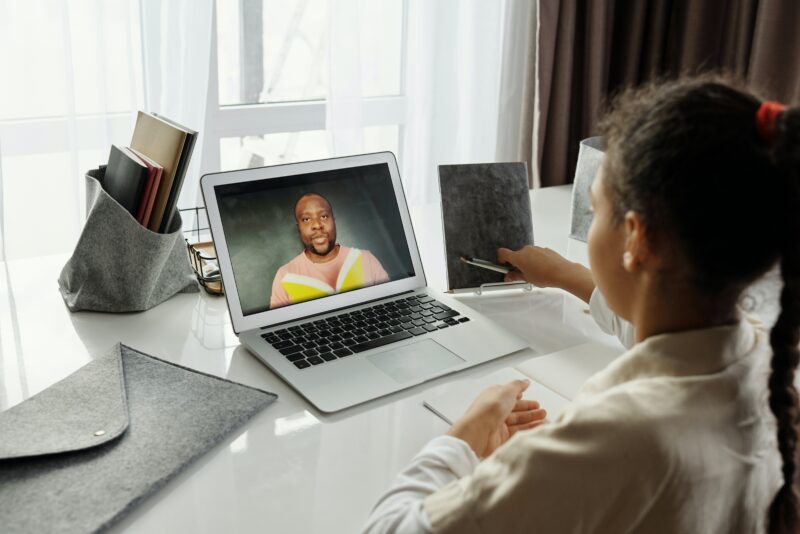Chantelle Adams was such a great speaker, I appreciate hearing more of the parental perspective as opposed to the educator perspective.
It is frustrating to hear all the issues with access to technology that students are having in our area when the school system is already stacked against them. Though I can’t really say it is a surprise. Unfortunately students that require accommodations are viewed as something to deal with instead of as a student to empower. There are of course always exceptions but at least where I have been that is what I have observed. It is hard to blame teachers sometimes though, class sizes are big and you want to be able to provide your best to everyone.
At least we do have some technology now, 20 years ago it must have been so much harder when there weren’t really laptops and computers were reserved for typing and research in the computer lab.
I found the discussion around engaging with a student’s family interesting. It is so hard to think about recognizing an issue and wanting to help a student, and the parents not being on board or being so overwhelmed that you can’t make progress. It was good to consider that we should start slow and that jumping right into it isn’t usually the way to go. Ideally, no matter where they are coming from they are parents who care about their kid (and if not that is a different issue to deal with).
I also really appreciated all of the links and resources that were provided for us which are now saved to my Google Drive (but I am unsure if I have permission to share that. However, some of the sources that she mentioned which I’m sure is fine to repear are
- Inclusion BC
- Family Support Institute
- Provincial Outreach Programs
- The British Columbia Aboriginal Network on Disability Society
- Ministry of Children & Family Development
And while she said not all of these are ideal, they are somewhere to start.
On a more positive note I think there is a lot of really cool inclusive tech coming out to make the lives of teachers and the students who need it easier, I just hope as awareness and acceptance of neurodivergencies and physical limitations grows, having access won’t be such a struggle.



